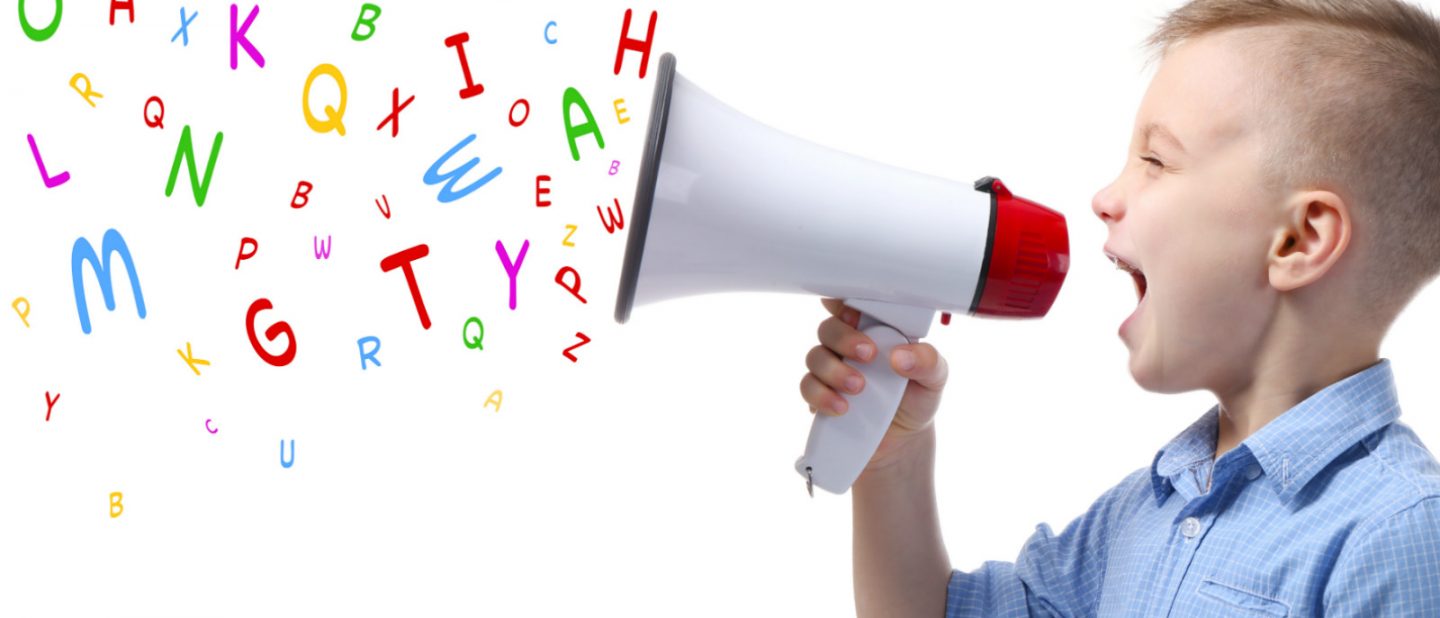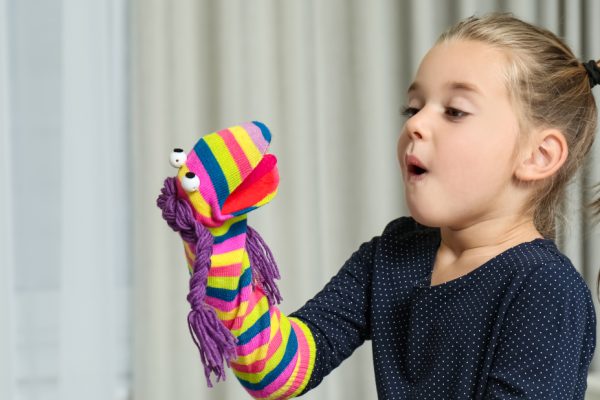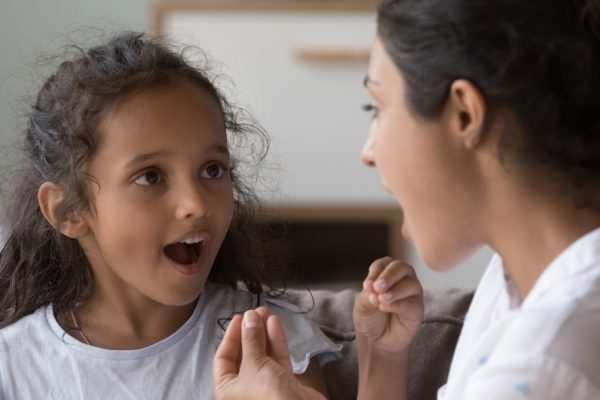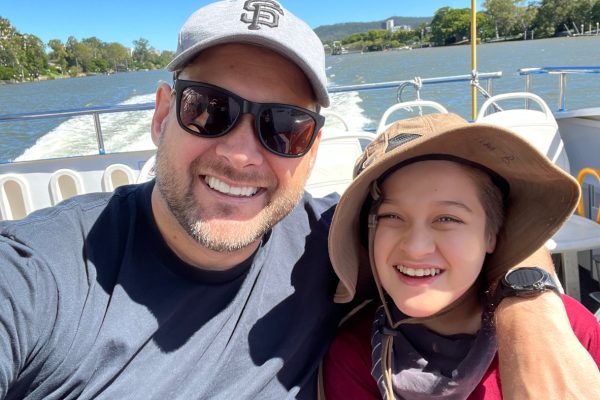
Did you know? All the things a speech therapist can help with
By Kylie Martin
Speech pathology. It’s such a vague term, isn’t it? When I tell people what I do most people say, “Oh, you work with stutters and lisps.” Well, yes we do, but we do so much more. Here’s an insight into things a speech therapist can help you and your child with.
1. STUTTERING
Most children go through a phase of dysfluent or bumpy talking as their language develops. Children may repeat sounds, words or phrases. They may get “stuck” and have long pauses or blocks in their speech. These speech characteristics may be accompanied by secondary behaviours (blinking, clicking, tensing of the shoulders and unusual breathing patterns). Parents should seek advice if any dysfluent speech patterns continue on past a week or two or if any secondary behaviours are noted.
2. (LISPS AND) SPEECH SOUNDS
Our intelligibility (or ability to be understood by others) is dependent on using the correct sounds in our talking. Children need to be able to move and coordinate their tongue, lips, jaw, palate with their vocal folds and breath appropriately to make their sounds accurately (articulation) and they need to learn the patterns of a particular language that govern the correct use of sounds to convey appropriate meaning (phonology). A speech pathologist can work with your child to show them the steps to make a sound and teach them the processes to use them properly.
3. UNDERSTANDING
The technical term we use for this is receptive language or comprehension skills. Children need to understand what words mean and how words go together to be able to grasp meaning from what is said to them or from what they read. Children also need to have a good understanding of concepts, words and how words go together before they are able to use those ideas or words or sentence forms in their own talking.
4. EXPRESSIVE LANGUAGE
This is the process of being able to choose the right word and put words together with other words to explain your ideas, needs and wants. In working with language, a speech pathologist will ensure a child has a sound understanding and help a child activate that understanding in a way that enables them to share ideas with the world around them. This may be through spoken language, symbolic language such as iPads, picture boards, talking buttons or sign language.
5. LITERACY
The early skills of language development and speech sound development lay the foundation for good literacy development. After children have learnt sounds and words, they start to think about reading and writing. They work out that some sounds are long sounds and some sounds are short sounds, some words start with the same sound as other words and when you say those words together in a sentence they “sound so super silly”. They work out some words are long (they have lots of syllables) and some words rhyme. With these skills kids learn to sound out words and add meaning to them and read books! Reading and writing are complex tasks and the role of a speech pathologist is to identify where in the chain a child is struggling and strategise at that level to build confidence and skill.
6. FEEDING
This is where the name Speech Pathologist is misleading! But yes… we work with feeding too. Being trained in the anatomy and neurology of the head and neck, as well as in learning theory, behaviour management and sensory development, an experienced speech pathologist can help your child along the whole feeding process.
7. FRIENDSHIPS AND SOCIAL SKILLS
It’s all well and good to be able to talk but if you don’t know how to use the rules of eye-contact, body space, body language, turn-taking, emotional regulation, negotiation, problem solving, and perspective, talking with other people isn’t going to be as successful as it otherwise could be. Speech Pathologists can help children and families to develop and practice these skills so that relationship building becomes easier.
8. VOICE
Children may have voice issues (husky, hoarse, nasally, high pitch, too loud, too soft, or inconsistent quality) related to neurological disorders or damage, vocal misuse and abuse (yelling and shouting) or medical issues. Children with voice disorders often require intensive retraining of how to use the voice safely and effectively.
If you think your child may need support in any of these areas, please contact your local speech pathologist or go to www.speechpathologyaustralia.org.au for more information on how a speech pathologist can help.
Kylie Martin is a speech pathologist at Chatter-boxes Speech Pathology Services. For advice or information on speech and language development, play, feeding or social communication visit www.chatter-boxes.com.au








